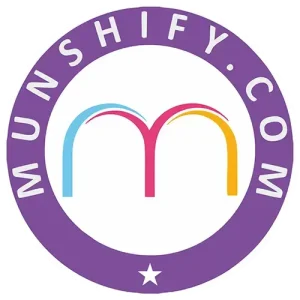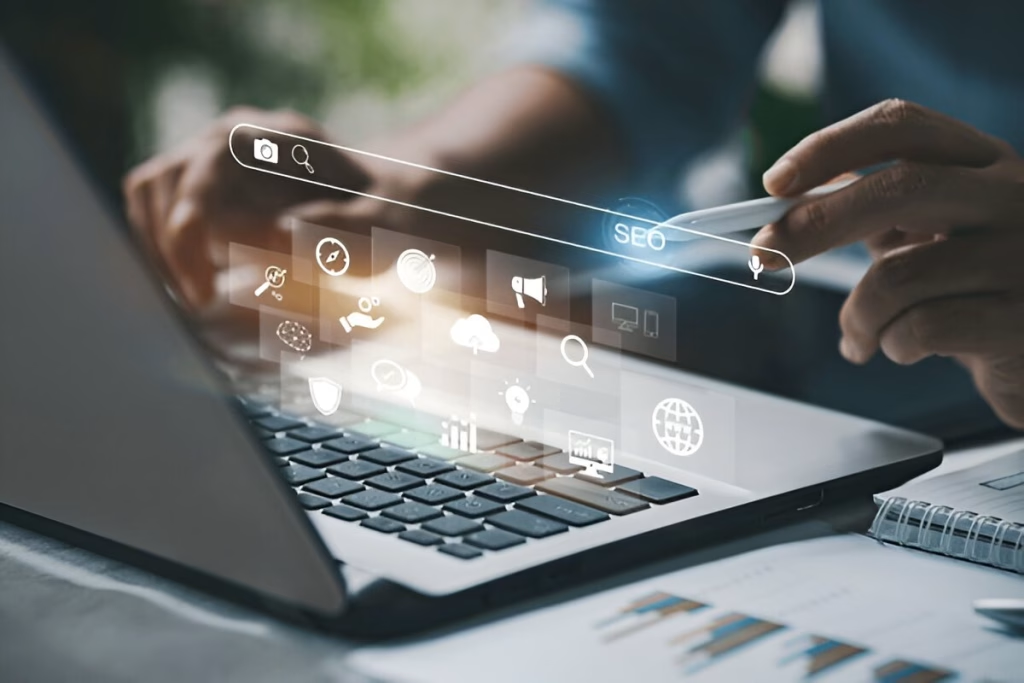While the world tourism and hospitality sectors are undergoing a rapid and comprehensive process of change, guest experience is recognized as the core part of successful business. Travel CRM software and CRM software for the hospitality industry are becoming important and inevitable tools for companies in this environment since the growth and success of this dynamic sector are directly dependent on customer satisfaction and loyalty. These tools collect, analyze, and utilize customer data, ensuring each guest visit offers a unique, customized experience. Future CRM in tourism and hospitality will enable personalized services, creating organized databases with essential features for individual guest needs.
Table of contents:
- Understanding CRM in Tourism and Hospitality
- Benefits of Travel CRM Software and CRM software for the hospitality industry
- Personalizing Guest Experiences through CRM
- CRM Features that Enhance Personalization
- Implementing CRM in Your Business
Understanding CRM in Tourism and Hospitality
What is CRM?
Customer Relationship Management (CRM) software is a technological tool or process designed to streamline and personalize a company’s communication efforts with existing and future customers. These CRM systems are a must-have tool for the tourism and hospitality industry as they deal with reservations, preferences, feedback, and much more.
Benefits of Travel CRM Software and CRM software for the hospitality industry
Customer Data Management: Structure and utilize comprehensive client data, encompassing preferences, stay durations, and special requests, for effective service personalization.
Enhanced Communication: Effortlessly link communication channels through a single platform to ensure continuous individual communications with the visitors.
Increased Loyalty: Craft loyalty programs expressing gratitude for purchases, fostering customer loyalty and familiarity with your brand.
Personalizing Guest Experiences through CRM
Travel CRM Software and CRM software for the hospitality industry – Customized Marketing Campaigns: With this tool, businesses can divide their potential clients into separate segments and design customized marketing campaigns. By studying the old decisions and showing interest, hotels, and tour organizers can send tailor-footed deals and tips.
Tailored Services: CRM personalized services give access to the back-end staff who can retrieve guest data in real time. This practice includes guests’ preferred room setup, food, fostering personal relationships with guides, enhancing guest experiences.
Enhanced Guest Communication: Hotel CRM facilitates continuous guest communication pre-stay, during, and post-stay, ensuring a seamless and personalized experience. Personalized, automated emails and messages keep guests engaged, enhancing their experience and fostering improved guest satisfaction.
CRM Features that Enhance Personalization
Customer Segmentation: One of the most key features offered by travel CRM software and CRM software for the hospitality industry is the “one-to-one marketing” approach that enables you to target customers based on demographic, transactional, and behavioral attributes. It makes apparent the specificity in the targeting and the personalization.
Data Analytics: The hospitality economy software provides powerful data analytics capabilities. Such tools are used to dig into customer information, uncover trends, and key data. Businesses leverage this data to predict the trends and behaviors of their guests.
Integration Capabilities: Today’s CRM technologies seamlessly integrate with property management, booking facilities, and social media networks, enhancing operational efficiency. This kind of linkage creates an opportunity to see the guest’s journey to make it more individual.
Automatized Workflow: Automatized Workflow makes the operation easier by setting up triggers that ask for the right course of action. For example, sending a welcome email when booking or sending a feedback request once you finish a stay. It makes certain that your guests always receive the desired attention and prompt care.
Implementing CRM in Your Business
Assess Your Needs: First, before taking a CRM, inspect your business needs. Identify CRM’s problem-solving goals and select essential features for optimal functionality and efficiency in your operations.
Pick the Right CRM: Opting for the travel CRM software and CRM software for the hospitality industry that will aptly fulfill your company’s size and needs. Ensure it enables personalization through data segmentation, analytics, and automation capabilities for enhanced customer interactions and satisfaction.
Train Your Staff: Staff Training Is Essential Successful deployment of CRM software in the hospitality sector implies the provision of a complete educational program for the personnel. They must be aware of not only how to use the software itself but also its potential for engaging guests.
Monitor and Optimize: Regularly Review and Adjust Regular monitoring of the performance of the CRM system. Engage peers and visitors for feedback to refine the portal’s utility and personalize the individualization process effectively.
Munshify customizable CRM software, as well as other CRM software for the hospitality industry, are not tools to be overwhelmed by. By utilizing customer data, businesses can create tailor-made experiences that attract guests and foster loyalty. CRM systems drive change in how tourism and hospitality sectors interact with customers, offering tailored services and enhancing communication. As technology advances with AI (Artificial Intelligence), mobile solutions, the Internet of Things (IoT), and blockchain integration, businesses using Munshify will remain on the forefront, making guest experiences omni-channel and outstanding. Implementing Munshify CRM in your business isn’t solely about technology; it entails taking a strategic step to boost guest satisfaction and achieve long-term success in the competitive environment of tourism and hospitality.



